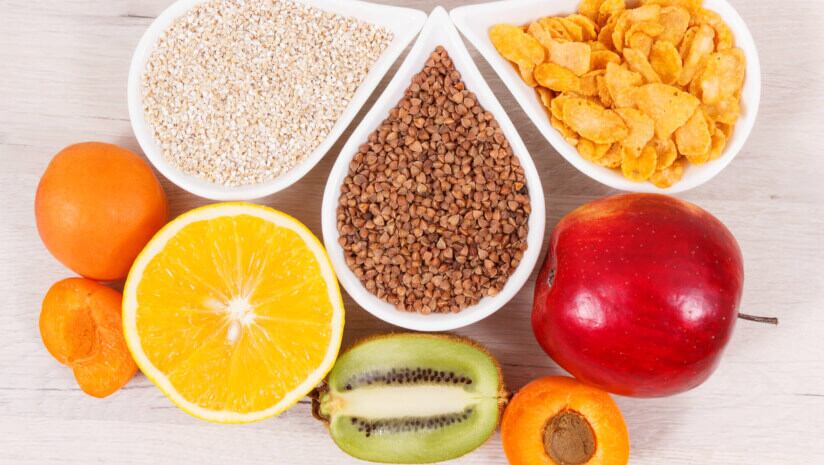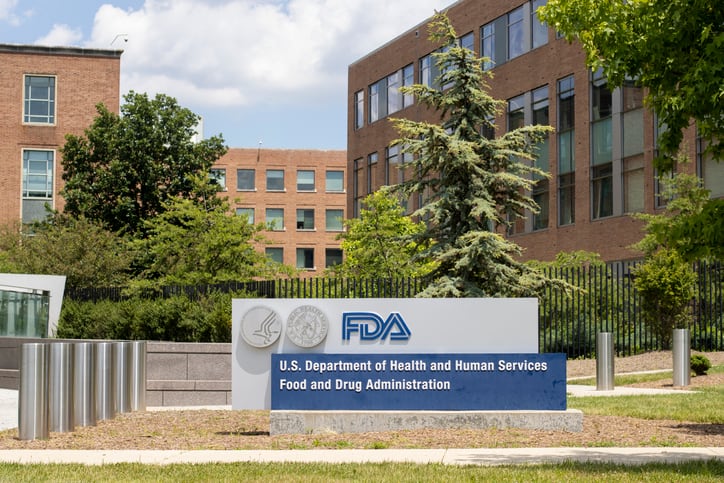That is according to Sahar Berjis, a nationally-recognized registered dietitian, nutrition coach and CEO of California-based Inner Health and Wellness. In practice for more than 20 years, she incorporates functional and traditional nutrition to help her clients—those with conditions like Parkinson’s, lupus and arthritis—understand and address some of their health needs. This includes running micronutrients tests to find out about client deficiencies, including for NAD+ (or nicotinamide adenine dinucleotide).
In this interview with NutraIngredients, Berjis breaks down what NAD+ is and unpacks some of the latest research. She also discusses what conditions are needed to support the molecule in the body through supplementation for optimal health outcomes.
NI: If you had to explain the difference between NAD and NAD+ to a fifth grader, how would you do it?
Sahar Berjis (SB): Yes, even pronouncing these concepts is complicated. We all have NAD in our bodies. Depending on what we’re eating, it allows us to have fuel and energy for the body. So, NAD is a coenzyme that turns food into energy in the mitochondria. That is why it’s so important, because when that food is turned into energy, it helps supply everything. It helps with boosting metabolism, it helps with cell repair, etc. When it comes to chemistry, NAD+ is the active form where the electrons get accepted into the body in the mitochondria. Supplements can provide that active form.
NI: Why does NAD+ decline as we age?
SB: Unfortunately, we live in a society right now that is impacted with a lot of things around us. Our lives are impacted with stress that we can’t control…whether it is aging or lack of sleep or our kids. It could be our hormones changing or other factors. As these things happen, the NAD in our body decreases. I like to share the example of a battery. If you buy a new device, it’s ready. It’s charged. Ready to go. After a while that battery either needs to be replaced or needs to be recharged for it to function better. The device is still there, but it’s not working as efficiently as it should be. And that’s what happens to our bodies after time based on age, environmental factors, stress. The NAD in our body is not functioning as well.
NI: Why did you, as a registered dietitian, decide this area of science was interesting to pursue? You could have gone into numerous other areas of nutrition. What was exciting about it for you?
SB: I’ve studied traditional nutrition and then I became interested in integrative and functional medicine. Exploring integrative functional medicine requires taking a whole-body approach, noticing why certain illnesses and diseases are caused.
One of the problems people start having issues with is the connection between the brain and gut. There are a lot of foods and supplements that help support our bodies as we get older. That is one of the reasons why I was noticing that just by looking at a specific disease, we weren’t getting anywhere, just modifying the diet on that specific disease.
When we started looking at the totality, what makes up the whole body and what other factors that are key roles in helping the body function, we were able to target and make the individual feel ultimately better in all aspects. So that’s one of the reasons why.
NI: NAD+ impacts each body system. Can you think of any other form of supplementation that does the same, influencing all functions?
SB: NAD is produced in our body with tryptophan and niacin, the B3 and the tryptophan foods. Another supplement that I usually recommend to clients when they want to support their body is to pay attention to the gut. I am a big believer in probiotics to support the gut. If you are not supporting the gut microbiome, anything else [like a NAD+ supplement] that you’re bringing in doesn’t digest and doesn’t absorb [efficiently].
NI: Besides taking a supplement, what role does diet play to boost NAD+? And what diet would you recommend?
SB: I always tell all my clients that if your body is not at an optimal state, it’s not going to work efficiently. If our diet is not modified and we are not incorporating foods that are high in antioxidants, including polyphenols which help to retain that NAD in our body, continuing to supplement will not be as effective.
If we are not making changes to our stress levels or our sleep, we can keep taking something to help support our health, but the root cause of it needs to be addressed and needs to be fixed. I always say start with a diet and start incorporating in nutrients we already know. Tryptophan and niacin help to build that NAD in our bodies. Start incorporating foods like flax and chia seeds and folding in more legumes and lentils and darker green vegetables to help support the production of amino acids. When you’re supplementing, you feel that boost of energy and you can retain it.
NI: What is the latest research saying about NAD+ boosters and their efficacy?
SB: There’s a lot of research coming out finding a correlation in cell regeneration, helping with memory, helping with boosting metabolism. However, there’s not enough research yet for individuals that are going through cancer or chemotherapy because there is a fear those boosters may regenerate cells, including cancer cells. There’s also not enough research yet for the IV administration either, although there is a possibility it could work better than NAD+ supplements. If you’re pregnant or have severe kidney disease or a chronic condition, you want to make sure before supplementing and get the advice of your physician.
NI: What do you do at your clinic to help clients incorporate the dietary changes they need to before they start taking a booster or NAD+?
SB: You never know what’s going on in your body, and your liver needs to flush out everything, so you want to supplement on things that your body needs. We run a micronutrient test which assesses all your vitamin, mineral and precursor deficiencies so you can see what you are really deficient in. I always recommend that before jumping on tons of supplements to see what you need first.
NI: NAD+ has a connection to insulin sensitivity. Can you explain that?
SB: There’s a lot of research coming out that individuals who are low in NAD+ have higher insulin resistance and as a result have higher weight gain. NAD+ has shown that it helps with fat metabolism, balancing the hormones in our bodies. Individuals that have a balanced NAD or supported NAD+ in their bodies have a higher chance of not getting insulin resistant and being able to control their weight and boost metabolism.
NI: What is the most interesting or exciting research on the horizon regarding NAD+?
SB: There’s a focus on Alzheimer’s and DNA repair cell generation. I think there’s still more research that’s coming out. But the research that is coming out and the potential of NAD+ and the benefits that it can reap are amazing. Each day we are finding out the benefits and the disease prevention possibilities for so many things that are out there. If we can know what are our precursors, what we’re deficient in and what our body needs, we can prevent disease and extend our longevity.
Coming in November: The Nutra Healthspan Summit
Join NutraIngredients on Nov. 12-13 in London for the inaugural Nutra Healthspan Summit that will bridge the science and business of nutritional interventions for boosting healthspan and improving cellular aging.
The event will bring together international stakeholders, including brands, product developers, researchers and investors for two days of cutting-edge insights, panel discussions, expert-led roundtables, curated 1-1 meetings and an all-new start-up competition that will feature some of the most innovative early-stage companies disrupting healthspan and longevity.
Click here for more information and to register your interest.



